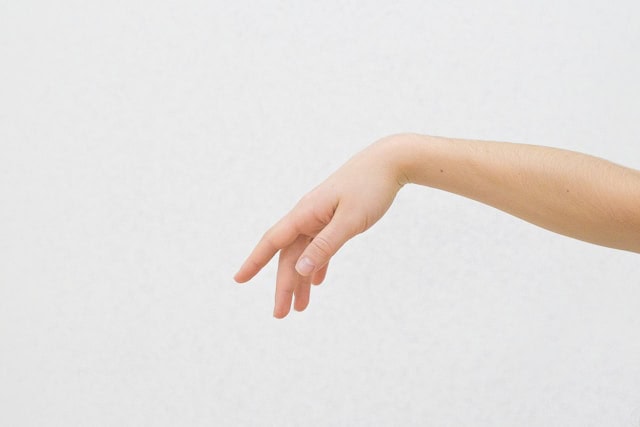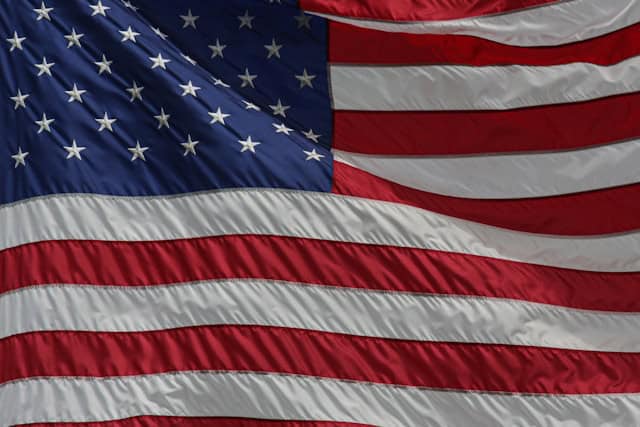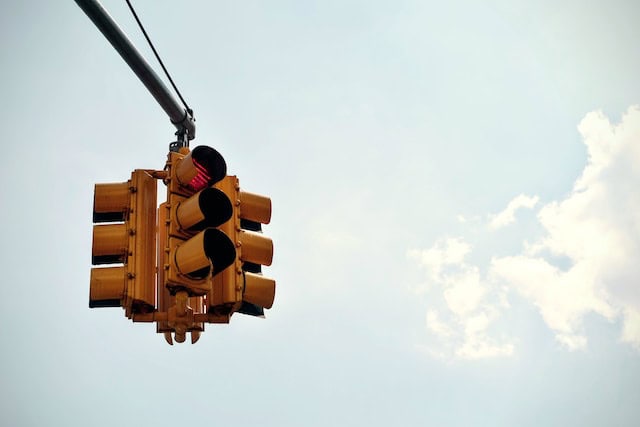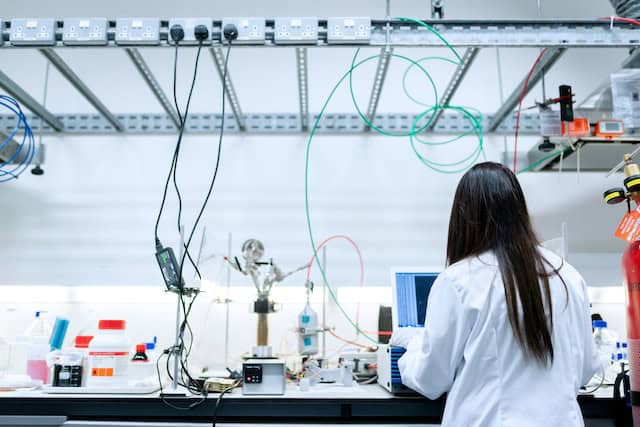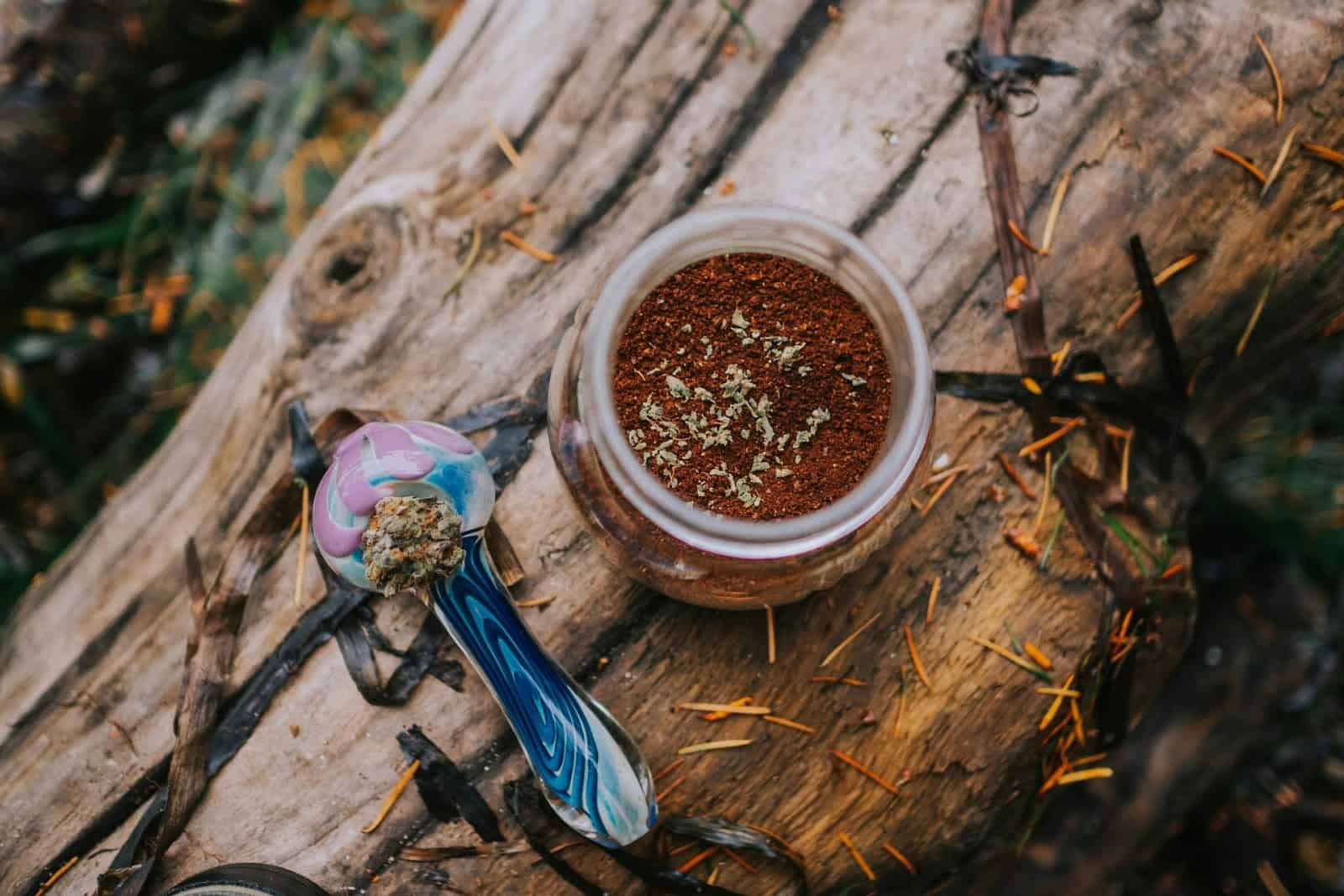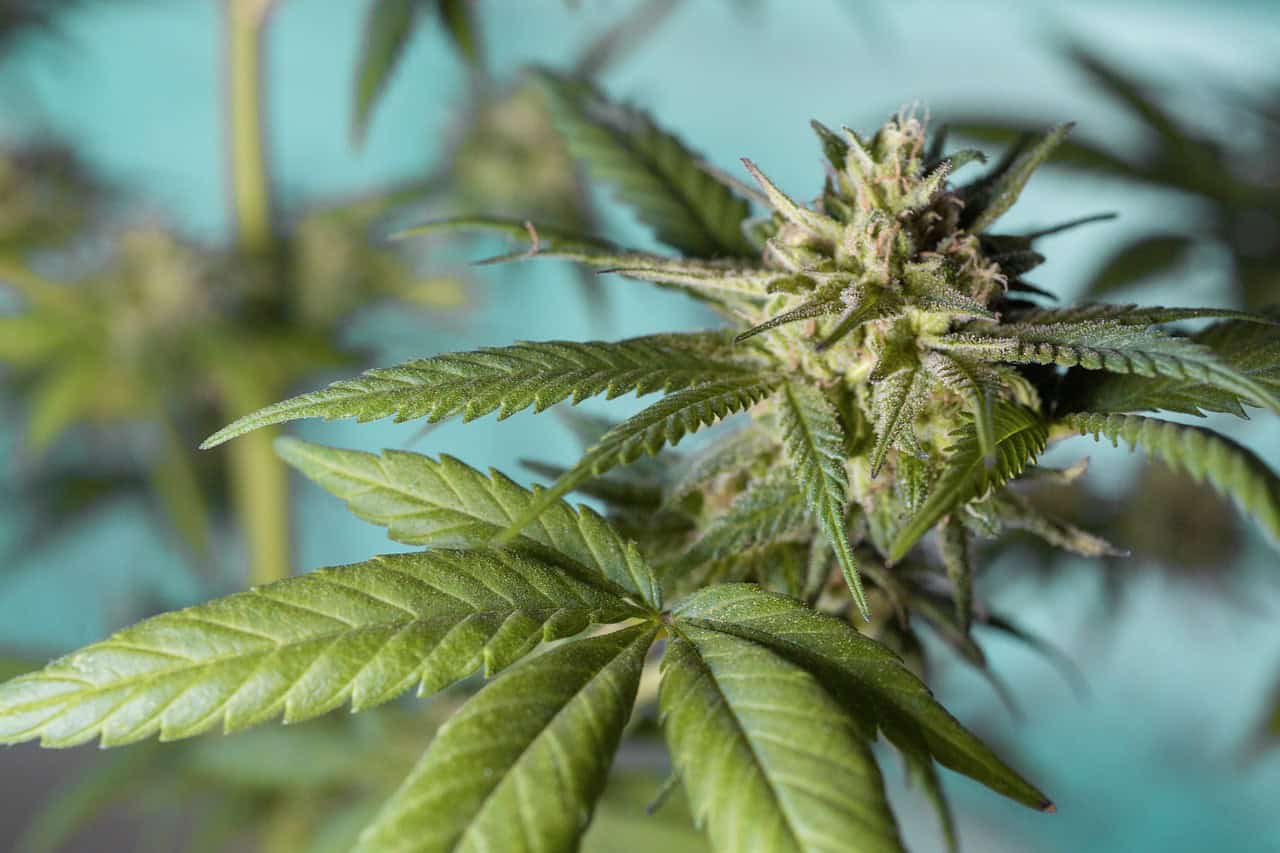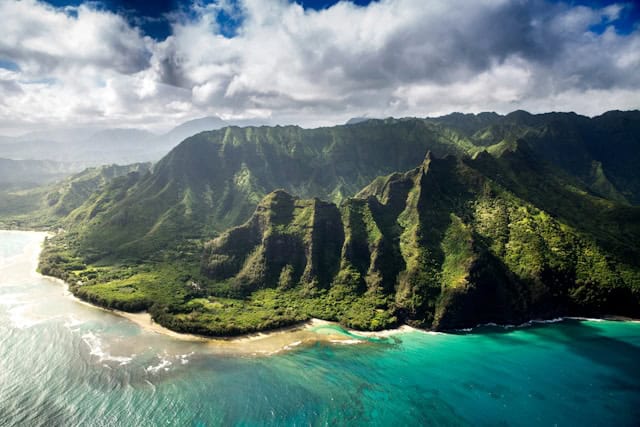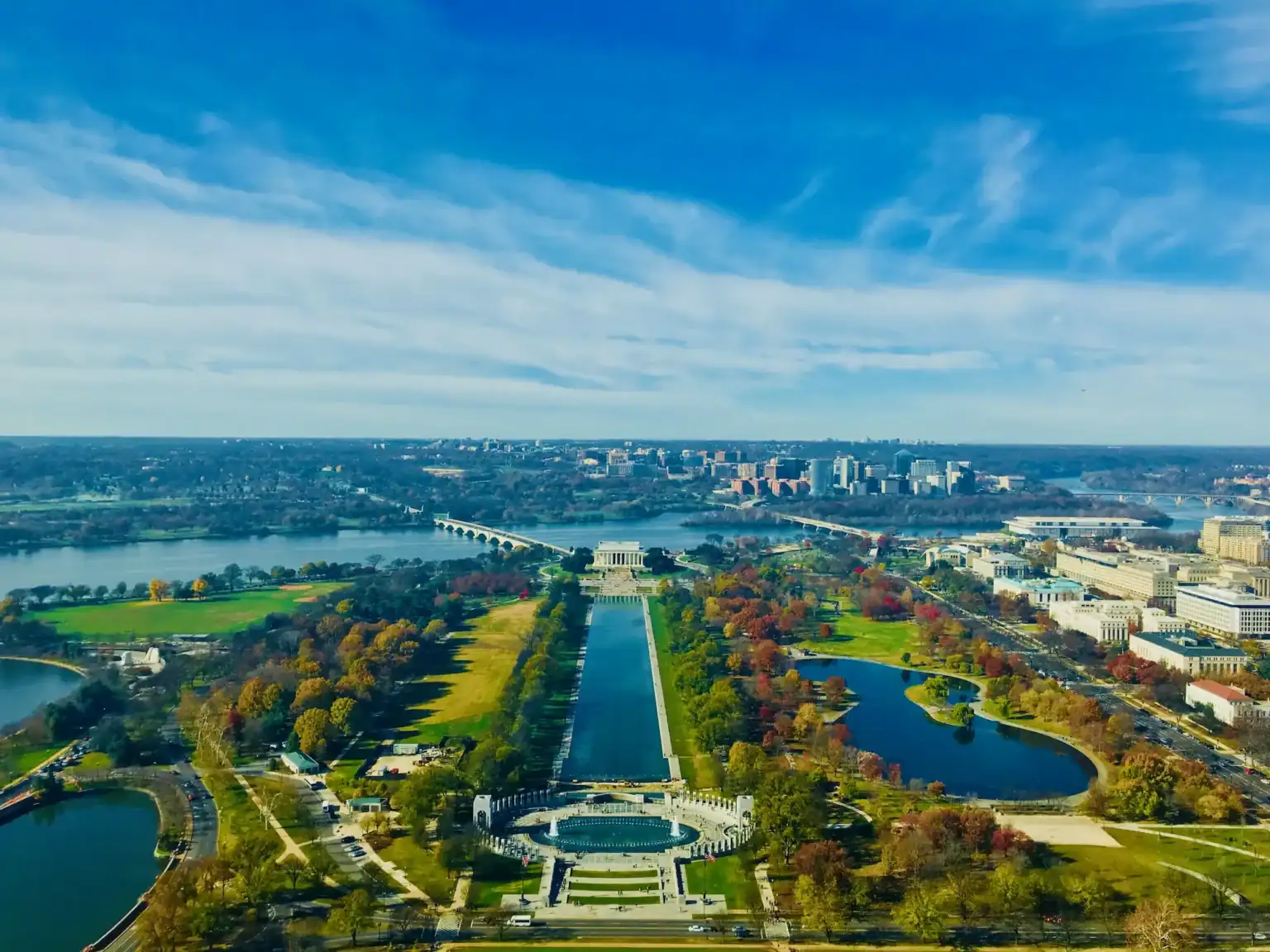
Is CBD Legal in Washington, D.C.
Yes, CBD products are legal in Washington, D.C.
 Legal
Legal
CBD is legal in Washington, D.C. as long as the amount of THC does not exceed 0.3%.
CBD, or cannabidiol is a compound derived from the cannabis plant. CBD has the potential to offer therapeutic benefits without psychoactive effects. It has shown promise in alleviating pain, reducing anxiety, and improving the quality of sleep. Research into CBD is still ongoing, but it has shown effectiveness in treating a variety of ailments. Before buying CBD in Washington, D.C, make sure to check the lab test results for each product to ensure that they are labeled accurately.
In Washington, D.C, CBD can only be sold to individuals who are 18 or older.
The elimination half-life of CBD in the blood stream is 14 to 17 hours. Normally, it takes 5 half-lives for a drug to be completely eliminated from the human body, meaning that CBD could stay in the system for up to 85 hours, or 3 - 5 days.
CBD oil is an oil made from the cannabis plant. It is distilled to remove THC so only CBD remains. CBD oil is non-psychoactive and is taken sublingually.
CBD could show up on a drug test because most CBD products contain small amounts of THC. This THC could be detected through urine or blood tests.
Unlike cannabis, CBD is not considered an illegal drug. For prescription purposes, there is one FDA-approved CBD drug known as Epidiolex. It is used to treat seizures.
CBD can help with a variety of health conditions, including back pain, psoriasis, and osteoarthritis. Because it acts on endocannabinoid receptors in the body, it has pain-relieving properties.
CBD can help with a variety of health conditions, including back pain, psoriasis, and osteoarthritis. Because it acts on endocannabinoid receptors in the body, it has pain-relieving properties.
Is THC Legal in Washington, D.C.
No, THC products are illegal in Washington, D.C.
 Legal
Legal
In Washington, D.C., you must be at least 21 years old to purchase THC products for recreational use. Adults in this age group can legally buy cannabis from licensed dispensaries. For medical use, patients can apply for a medical marijuana card at any age, but individuals under 18 must have a designated caregiver—typically a parent or legal guardian—apply for the medical card and handle purchases on their behalf.
Yes, THC products in Washington, D.C. undergo third-party testing. The D.C. government requires that all cannabis products sold in the district be tested by independent, state-approved laboratories. This testing ensures that the products meet safety, quality, and potency standards, helping to verify that they are free from harmful contaminants like pesticides, heavy metals, and microbial pathogens. This regulatory framework is designed to protect consumers and ensure the quality and safety of cannabis products available in the district.
In any case, we highly suggest that you do your research, and always review Certificates of Analysis (COAs) to verify the quality and legality of THC products.
Yes, THC products in Washington, D.C. undergo third-party testing. The D.C. government requires that all cannabis products sold in the district be tested by independent, state-approved laboratories. This testing ensures that the products meet safety, quality, and potency standards, helping to verify that they are free from harmful contaminants like pesticides, heavy metals, and microbial pathogens. This regulatory framework is designed to protect consumers and ensure the quality and safety of cannabis products available in the district.
In any case, we highly suggest that you do your research, and always review Certificates of Analysis (COAs) to verify the quality and legality of THC products.
Is Delta-8 Legal in Washington, D.C.
Yes, Delta-8 products are legal in Washington, D.C.
 Legal
Legal
Delta-8 THC is legal in Washington D.C. The federal district matches federal laws, which means hemp-derived products are allowed; Delta-8 tetrahydrocannabinol (Delta-8 THC) is a cannabinoid found in the cannabis plant, known for its psychoactive effects, although they are generally milder compared to the more well-known Delta-9 THC. The debate over Delta-8 largely centers on its legal status, potential health risks, and production methods. Despite being derived from hemp, legalized in the United States via the 2018 Farm Bill, the extraction and conversion processes have come under regulatory scrutiny. Critics argue that these methods could lead to impurities and safety issues. Moreover, concerns exist regarding its impact, particularly when consumed by vulnerable groups such as minors, given that Delta-8 products are often promoted as a legal and less potent alternative to traditional marijuana. Consequently, the regulatory environment and public perception surrounding Delta-8 THC remain intricate and contentious.
Delta-8 THC is legal in Washington D.C. The federal district matches federal laws, which means hemp-derived products are allowed; Delta-8 tetrahydrocannabinol (Delta-8 THC) is a cannabinoid found in the cannabis plant, known for its psychoactive effects, although they are generally milder compared to the more well-known Delta-9 THC. The debate over Delta-8 largely centers on its legal status, potential health risks, and production methods. Despite being derived from hemp, legalized in the United States via the 2018 Farm Bill, the extraction and conversion processes have come under regulatory scrutiny. Critics argue that these methods could lead to impurities and safety issues. Moreover, concerns exist regarding its impact, particularly when consumed by vulnerable groups such as minors, given that Delta-8 products are often promoted as a legal and less potent alternative to traditional marijuana. Consequently, the regulatory environment and public perception surrounding Delta-8 THC remain intricate and contentious.
Although Delta-8 is deemed less potent than Delta-9 THC, it can still have psychoactive effects, necessitating responsible usage. Consulting a healthcare professional is recommended for individuals with pre-existing medical conditions or those on medications before trying Delta-8.
The effects of Delta-8 THC on the body emanate from its binding to the CB1 receptors of the endocannabinoid system, predominantly located in the central nervous system. This connection leads to psychoactive effects, usually of a less pronounced nature than those induced by Delta-9 THC. Individuals commonly convey feelings of relaxation, euphoria, and a shift in sensory perception. Delta-8 might also trigger an increased appetite, dry mouth, and red eyes. Nevertheless, the impact can vary significantly from one person to another, dependent on variables such as dosage, tolerance, and individual sensitivity to cannabinoids.
Delta-8 THC is legal in Washington D.C. Hemp-derived products are legal in the District of Columbia, as well as recreational marijuana.
Both Delta-8 THC and Delta-9 THC have comparable chemical structures, with Delta-8 being known for its lower potency and the tendency to produce a milder, more lucid high. It is frequently chosen by users seeking a functional experience.
Delta-8 THC is offered in an assortment of forms, including edibles, vape cartridges, tinctures, and capsules. The choice of how to partake in it is subjective and depends on individual inclinations and the intended effects.
Delta-8 THC's safety is a subject of continuous debate and exploration. Although it's commonly thought to be less potent with milder psychoactive effects than Delta-9 THC, there are reservations regarding potential impurities introduced during its production processes. Moreover, like any psychoactive substance, its safety profile can fluctuate depending on an individual's health, consumption habits, and dosage. More comprehensive scientific investigations are required to offer a definitive evaluation of its safety, and caution is recommended, particularly when regulatory standards are not well-established.
Standardly noted side effects might consist of a dry mouth, red eyes, heightened heart rate, and temporary memory lapses. Generally, these effects are less pronounced than those commonly associated with Delta-9 THC.
Indeed, Delta-8 THC can potentially trigger a positive result on a drug test, given that many tests lack the capability to differentiate between Delta-8 and Delta-9 THC. If drug testing is a consideration, using Delta-8 products should be done with caution.
Whether or not you can buy Delta-8 products may depend on your location, as age restrictions typically set the minimum age at either 18 or 21 years old. To stay within the boundaries of the law, make sure to familiarize yourself with your area's age requirements through local regulation research.
You have numerous choices for acquiring Delta-8 products, including licensed dispensaries, online merchants, and specific convenience stores. Prior to making a purchase, it's essential to research the legality of Delta-8 in your area and choose a reputable seller devoted to both product quality and compliance with local regulations.
Is Delta-9 Legal in Washington, D.C.
No, Delta-9 products are illegal in Washington, D.C.
 Legal
Legal
In Washington, D.C., the age requirements for purchasing Delta-9 THC products differ based on the context:
- Recreational Use: You must be at least 21 years old to possess and use Delta-9 THC products, as allowed by Initiative 71, which permits adults to grow and gift marijuana but prohibits the sale of it.
- Medical Use: There is no specific age limit for medical marijuana patients. However, to purchase Delta-9 THC products from authorized medical dispensaries, individuals under the age of 18 must meet certain medical requirements, receive a physician’s recommendation, and be accompanied by a caregiver.
Yes, it is legal to smoke Delta-9 THC flower in Washington, D.C., under specific conditions. Adults aged 21 and older can legally possess and use marijuana, including Delta-9 THC products, for personal use, as per Initiative 71. However, the sale of marijuana is prohibited within the district.
Yes, Delta-9 THC products in Washington, D.C., are required to undergo third-party testing. This testing ensures that the products meet state quality standards, comply with state and federal regulations (including containing less than 0.3% Delta-9 THC for hemp-derived products), and are free from contaminants such as pesticides, heavy metals, and residual solvents. This process helps guarantee that Delta-9 products are safe, accurately labeled, and of high quality before they are made available to consumers.
In any case, be sure to do your research and only buy these products from reputable sources, as state-specific regulations can vary and may not be as comprehensive as those in states with more established cannabis programs.
Is HHC Legal in Washington, D.C.
No, HHC products are illegal in Washington, D.C.
 Legal
Legal
In Washington, D.C., you cannot legally buy HHC because it is classified as a controlled substance and is prohibited. Since HHC is not legally available in the state, there are no age restrictions for purchasing it.
Yes, Washington, D.C., generally follows federal guidelines regarding hemp-derived cannabinoids, so smoking HHC flower is permissible under these conditions. However, it’s always a good idea to stay updated on local regulations and ensure you comply with any specific rules or restrictions that might apply.
In Washington, D.C., there is no specific state requirement for third-party testing of HHC (Hexahydrocannabinol) products. However, reputable manufacturers and retailers typically carry out this testing to ensure their products are safe and compliant with legal standards. Third-party testing verifies that HHC products contain less than 0.3% Delta-9 THC and are free from harmful contaminants such as pesticides, heavy metals, and residual solvents.
In any case, we highly suggest that you do your research, and always review Certificates of Analysis (COAs) to verify the quality and legality of HHC products.
Disclaimer
This information is derived from our independent research. Our team aims to ensure that we give you accurate up-to-date details from reliable state-run sources. However, we are not legal experts, and local laws can be subject to change.









